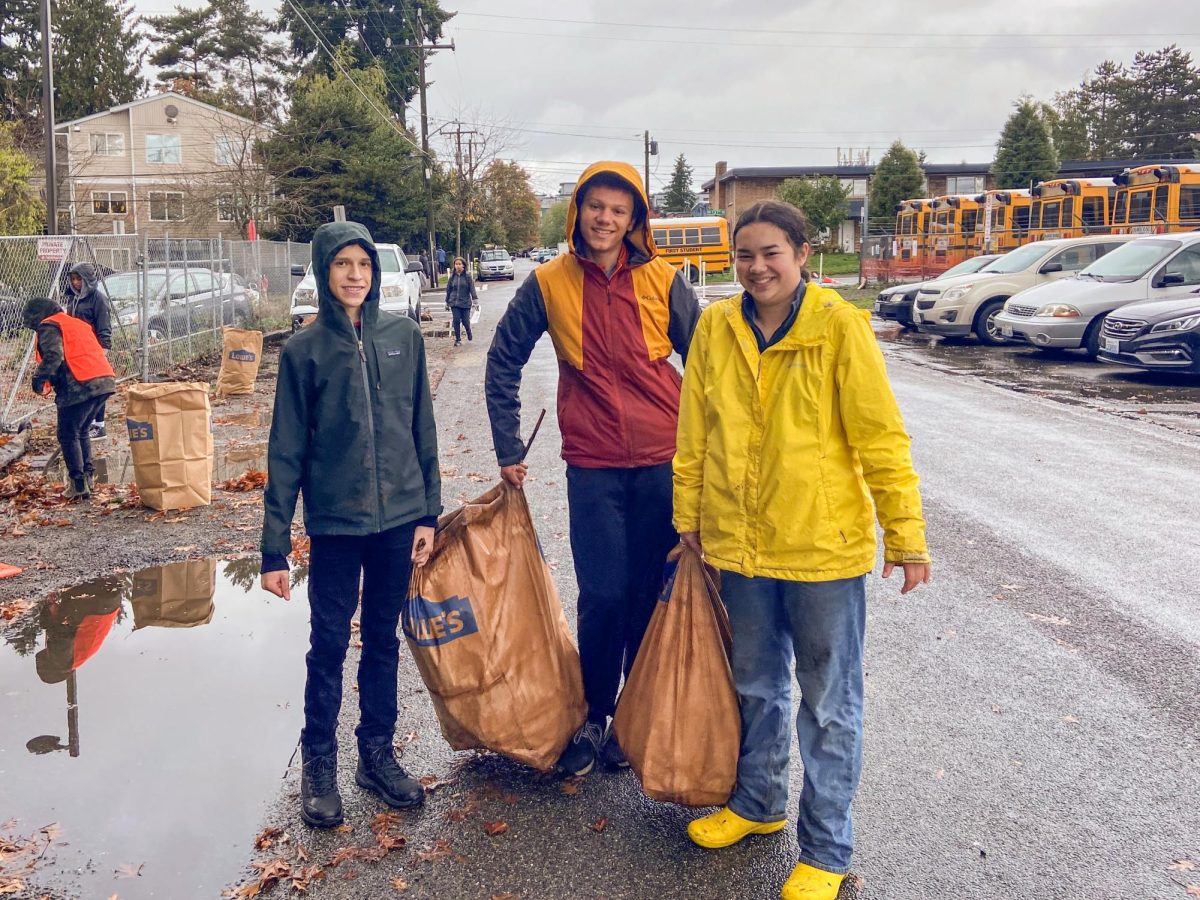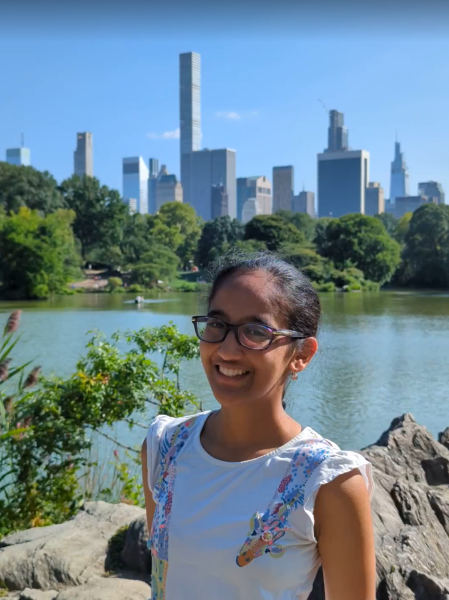The Service Learning Department’s major policy changes from the 2022-2023 school year have been top-of-mind for many Lakesiders. Change is difficult to face, and students voiced their concerns against the new program criteria when it was introduced. However, a year into the revamped department, the stories we hear and see are far different from what it was before — with community members, partnering organizations, and the administration increasingly in favor of the intentional shift towards more meaningful and direct service learning.
The policy changes of the Service Learning Department involved a switch from X2Vol, the old system used to track service hours, to the more user-friendly Canvas page as well as a change in reflection questions to make them more meaningful. The reflection questions are now required after every 10 hours of service, and each reflection builds upon the next. But the most controversial policy change was the cut from 300+ approved service organizations to only 80.
Director of Experiential Education Bryan Smith and Service Learning Coordinator Aly Counsell-Torres emphasize the “intentionality” that came with these changes. Rather than having the mindset around service learning be a checkmark of a graduation requirement, Mr. Smith and Ms. Counsell-Torres wanted to shift thinking to make service learning an integral curricular part of the Lakeside experience. “Everything we do here at Lakeside, whether it’s your 9th grade English class or the sports team that you may play on or the drama production that you’re in, has a real level of intentionality to it. The same goes for service learning,” notes Mr. Smith.
Mr. Smith and Ms. Counsell-Torres wanted to focus service learning on depth rather than breadth, pushing students to create more meaningful connections with individual organizations. This was part of the reasoning behind cutting down the list of approved organizations. The guiding principles the Service Learning Department has committed to, in terms of criteria for organizations that Lakeside will partner with, are for the organizations to address structural inequality or environmental degradation, have opportunities for high schoolers to work directly towards the mission, allow Lakesiders to meet others outside their close community, and be local to the area.
Ms. Counsell-Torres describes the service learning experience as akin to an American Literature course. While there may be 10,000-plus well-written books by American authors, the teacher is at liberty to choose only a specific six or seven books that will be read and discussed by the students in the course during the school year. Because there are truly so many impactful service organizations, Ms. Counsell-Torres shares that “there’s no value judgment assigned to [any service organizations], but in order to help students have a consistently meaningful learning experience … we’ve picked a specific focus for our organizations.”
This year, students have shared how they’ve been able to make a more direct and meaningful impact on their community through the new policies. From what Ms. Counsell-Torres has seen through the service learning reflections and her conversations with students, she says, “[students] appreciate having had the push to engage in a more direct form of service learning than they maybe had the opportunity to before.” One student, for example, used to build tiny houses from kits to support homelessness during the pandemic. This year, they began to engage more directly with the same issue, meeting community members and learning holistically about what they were already passionate about.
Mr. Smith has also seen how the depth in answers to reflections have increased with not only the narrowing of the approved organization list but also the creation of a reflection system in which questions are more specific and build on each other from one reflection to the next. “What we’ve found this year is that the students are writing fewer reflections, by design, but they have more to write about, so they are able to make connections in ways they may not have [before],” he comments.
Looking forward to the next few years, Mr. Smith and Ms. Counsell-Torres plan to continue to expand the service learning program based on student feedback while staying grounded in their current mission.
Ms. Counsell-Torres recently introduced a Google Form for the student body to fill out and share any organization they thought Lakeside should consider partnering with. The form took an expected two-hour time period to think through and complete, culminating in a discussion with Ms. Counsell-Torres on the need for the organization. Mr. Smith and Ms. Counsell-Torres hope that they can re-evaluate their partnerships based on geographical or categorical gaps that students may see, as well as strengthen partnerships through on-campus opportunities for students to learn about organizations partnering with Lakeside.
Mr. Smith and Ms. Counsell-Torres both hope to continue with two additional pilot programs of the fall and spring semester in the service learning department: embedding service into Lakeside core classes and providing after-school opportunities for service. Both Human Development 9 and English 10 classes this year included an aspect of required service as part of their coursework. The HD9 students volunteered with a health, food, or environmental justice organization of their choice, while English 10 students engaged with the theme of home by working with an environmental or refugee/immigrant-focused organization.
Ms. Counsell-Torres is also working towards increasing the number of after-school service opportunities for groups of Lakeside students. Currently, she is working with Forest Steward to start a partnership in which Lakeside students take the Light Rail to a Shoreline park to help with habitat restoration. “We’re really excited to be able to reduce transportation barriers for students and have a supportive service learning experience where they can engage with their peers,” remarks Ms. Counsell-Torres.
At the end of the day, Ms. Counsell-Torres and Mr. Smith are optimistic about the way the service learning program has progressed and will continue to expand. Mr. Smith assures students that the service learning department’s increased intentionality “is paying dividends and will continue to pay dividends for the greater good.”


